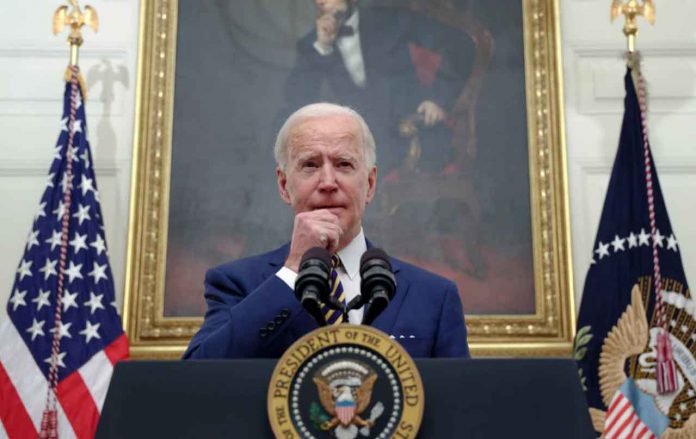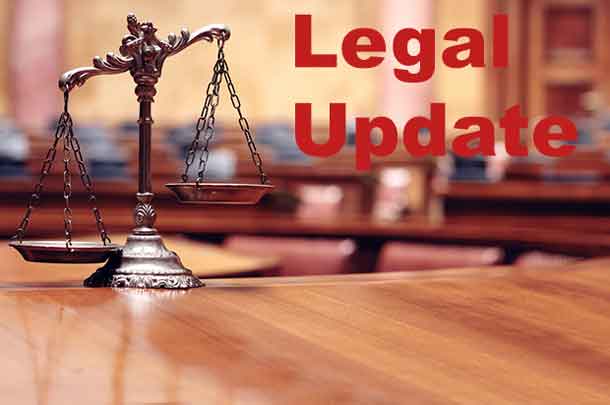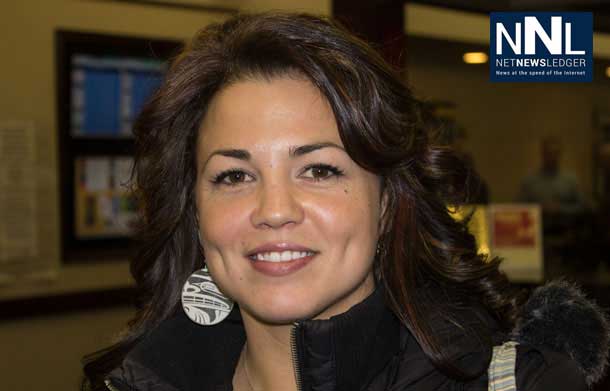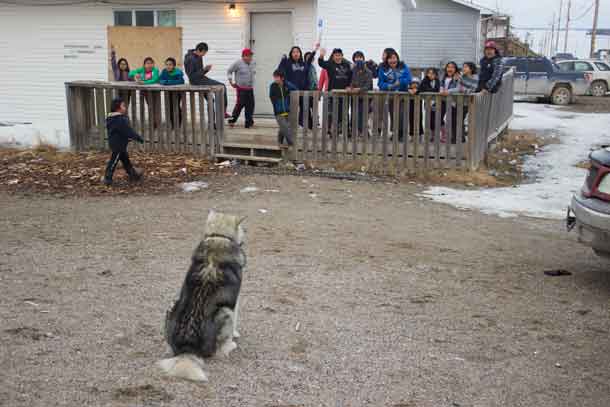Elderly Activist to Serve Remainder of Sentence at Home After Nearly 50 Years in Prison
Washington, DC – January 20, 2025 – In one of his final acts as President, Joe Biden has commuted the sentence of Leonard Peltier, a Native American activist convicted of the 1975 killing of two FBI agents.
The commutation, announced Monday, will allow the 80-year-old to serve the remainder of his life sentence at home, effective February 18.
The Case of Leonard Peltier
Peltier, a citizen of the Turtle Mountain Band of Chippewa, was convicted in 1977 for his role in the deaths of FBI agents Ron Williams and Jack Coler during a shootout on the Pine Ridge Reservation in South Dakota.
The agents were attempting to arrest a robbery suspect when they pursued a vehicle containing Peltier and others. In the ensuing gunfire, both agents and Joseph Stuntz, a member of the American Indian Movement (AIM), were killed.
Peltier’s trial, held in Fargo, North Dakota, resulted in two consecutive life sentences. Over the decades, his case has drawn significant attention, with supporters arguing that Peltier’s conviction was marred by misconduct and systemic bias.
Denied parole as recently as last year, Peltier’s health has reportedly deteriorated. President Biden’s statement highlighted widespread support for clemency, including from tribal nations, Nobel Peace laureates, human rights organizations, and even the former U.S. Attorney who oversaw Peltier’s prosecution and appeal.
Biden’s Statement on Clemency
“Leonard Peltier’s advanced age, poor health, and close ties to the Native American community, combined with the substantial length of time he has already spent in prison, make this commutation both just and necessary,” Biden said.
He emphasized that the decision reflects compassion for Peltier’s circumstances, not a judgment on the verdict of the trial.
Celebrations and Advocacy
NDN Collective, an Indigenous rights organization based in Rapid City, celebrated the commutation as a landmark victory for Indigenous rights. In a statement, NDN Collective CEO Nick Tilsen credited the decision to decades of intergenerational resistance, organizing, and advocacy.
“Leonard Peltier’s liberation is our liberation,” Tilsen said. “We will honor him by bringing him back to his homelands to live out the rest of his days surrounded by loved ones, healing, and reconnecting with his land and culture.”
A statement attributed to Peltier expressed gratitude and relief:
“It’s finally over – I’m going home. I want to show the world I’m a good person with a good heart. I want to help the people, just like my grandmother taught me.”
Implications for Justice and Healing
Peltier’s case has long been a focal point for debates on justice, Indigenous rights, and the treatment of Native Americans in the U.S. legal system. His release is viewed by many as a step toward addressing historical grievances and fostering healing within Indigenous communities.







